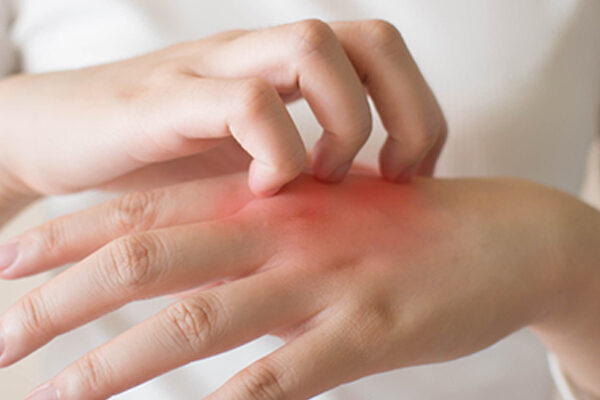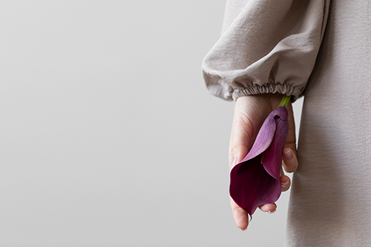Updated on November 24, 2023
Introduction to Postpartum & Postpartum Food Allergies
The postpartum period refers to the time after childbirth which usually lasts for 6 weeks or more. It is also called the postnatal period. This phase is characterized by a roller coaster of physiological and emotional changes that some doctors call the “fourth trimester”. In addition to these changes, it is also important to understand that the female body takes time to go back to its normal functionality, and eating habits play a pivotal role in the healing process. Postpartum food allergies are common, and this blog focuses on discussing foods that are harmful during the postpartum period or those that cause allergies. These allergies can occur in either the mother, the child, or both.
Continue reading this blog to learn more about postpartum food allergies and their management techniques.
Postpartum Food Allergies — What to Avoid?
The immune system transitions from the pregnancy phase to the post-pregnancy phase, and during this time, mothers are more vulnerable to infections and allergies. The environmental factors the body used to fight off very easily are now what triggers the immune system. Postpartum food allergies are one example. Allergies might persist or subside varying from person to person. In some cases, as soon as the postpartum phase ends, the allergies subside as well. Postpartum hormonal fluctuations deeply affect gut permeability leading to food intolerance and allergic reactions.
Some of the foods responsible for postpartum allergies include:
- Sea foods: They contain high amounts of contaminants that can affect CNS development.
- Alcoholic beverages: Affect the child’s development and may cause severe allergic reactions.
- Caffeine drinks: Its use can cause runny nose, altered sleep patterns, and negative impact on the child.
- Brown rice, corn, and beans: It can be harmful to the baby and may cause allergic reactions.
- Citrus fruits: Fruits and juices may cause rash, itch, and discomfort to the baby.
- Certain vegetables: Vegetables may cause stomach discomfort and gas, because of the high content of fiber they contain.
It is important to note that during the postpartum period, babies rely completely on the mother’s feed, and this is why the mother should be mindful of her diet to avoid complications for the baby and catching postpartum food allergies.
Postpartum hives are also common during the postpartum period which again is not due to pregnancy solely, but pregnancy does play a role in exacerbating allergies. It can occur because of stress, food, exposure to certain chemicals, medicines, etc.
To learn more about postpartum rash, read: Postpartum Rash: Causes, Duration, and Solutions
What Should a Breastfeeding Mother Eat?
Mothers who are breastfeeding their babies need to have a healthy balanced diet that not only provides energy to them but also nourishes the baby’s growth. Usually, milk and dairy products are the culprits behind such allergic reactions in both mothers and babies. To play it safe, mothers should try and avoid milk and dairy products to identify the allergen-causing reactions. Moreover, multivitamins should be a woman’s best friend from pregnancy to postpartum. They provide the energy, and essential nutrients needed to stay active, energized and healthy.
Management Techniques to Minimize Postpartum Food Allergies
Always read food labels:
It is important to read the food labels while grocery shopping as certain foods might contain allergens that may trigger your allergies.
Avoid cross-contact and cross-reactivity:
Cross-contact is when a non-allergenic item is mixed with an allergenic food item. To avoid this, mothers should keep the utensils clean, never share food, and wash their hands in case they handle an allergenic food item.
Track your symptoms:
By tracking symptoms, we mean that certain food allergens target specific areas or present reactions that are indicative of the type of allergy. Postpartum food allergies can affect the eyes, gastrointestinal tract, lower and upper respiratory tract, and also the cardiovascular system.
A Word from Revival
Revival Research Institute is an integrated clinical research organization, and we are conducting phase III Chronic Hives Clinical Trials for individuals suffering from chronic hives and itches despite allergy medicine. Participate today!
Outlook
Postpartum food allergies are common in both the mother and baby. However, the good news is that they tend to go away or subside by mindful dietary habits. Identifying the allergen and avoiding it can help mothers in managing their condition. It is essential to seek help if allergies worsen or interfere with daily life impacting not only the mother but also the baby.





